Microsoft files patent for AI-powered, sensor-studded backpack; Here’s what to know
2 min. read
Published on
Read our disclosure page to find out how can you help Windows Report sustain the editorial team. Read more

Microsoft is taking a big step forward in the world of wearables with its latest design of an AI-powered backpack. The US Patent and Trademark Office (USPTO) recently approved this patent filing that reveals a backpack concept equipped with smart sensors.
The futuristic backpack, which was first noticed by MSPowerUser, looks like it came straight out of a science fiction movie.
Meet the Backpack of The Future
At its core, the patent illustrates the “artificial intelligence-assisted wearables.” However, the mentioned prototype chiefly revolves around an intelligent backpack. The smart luggage is a game-changer in the wearable tech industry, boasting a wide range of sensors in the arm straps.
The sensors, strategically placed to face forward like the wearer, may include cameras, microphones, GPS, and compasses. Adding a layer of dynamism, these elements are expected to be supplemented by LEDs and speakers. Moreover, the straps may also contain a haptic actuator, providing a whole new level of interactive experience.
Onboard Processing Power
The backpack, powered by real-time processing capabilities, will potentially house numerous recognition modules encompassing image, text, speech, facial, and cognitive domains.
Additionally, it will come equipped with storage capabilities for recording, wireless connectivity, and a provision for battery charging.
The AI-driven system built within the backpack is expected to provide unprecedented benefits to the wearers. These include advanced object identification and analysis, nearby device interaction, and contextual insights.
Users may interface with the backpack’s onboard AI using voice commands or by interacting with the sensors on the straps. It is a versatile accessory that serves many practical purposes in everyday life.
For instance, it can guide the wearer while trekking or point out the direction they are facing. It employs advanced scanning technology to evaluate the surroundings and notify the user if the direction is not feasible.
The AI-assisted backpack design indicates the role of digital assistants beyond the confines of homes and offices. This innovation aligns with the current trend of dedicating AI acceleration hardware to PC processors.
Having been actively integrating AI into its productivity and collaborative tools, Microsoft is now venturing outdoors, employing AI to facilitate day-to-day activities.
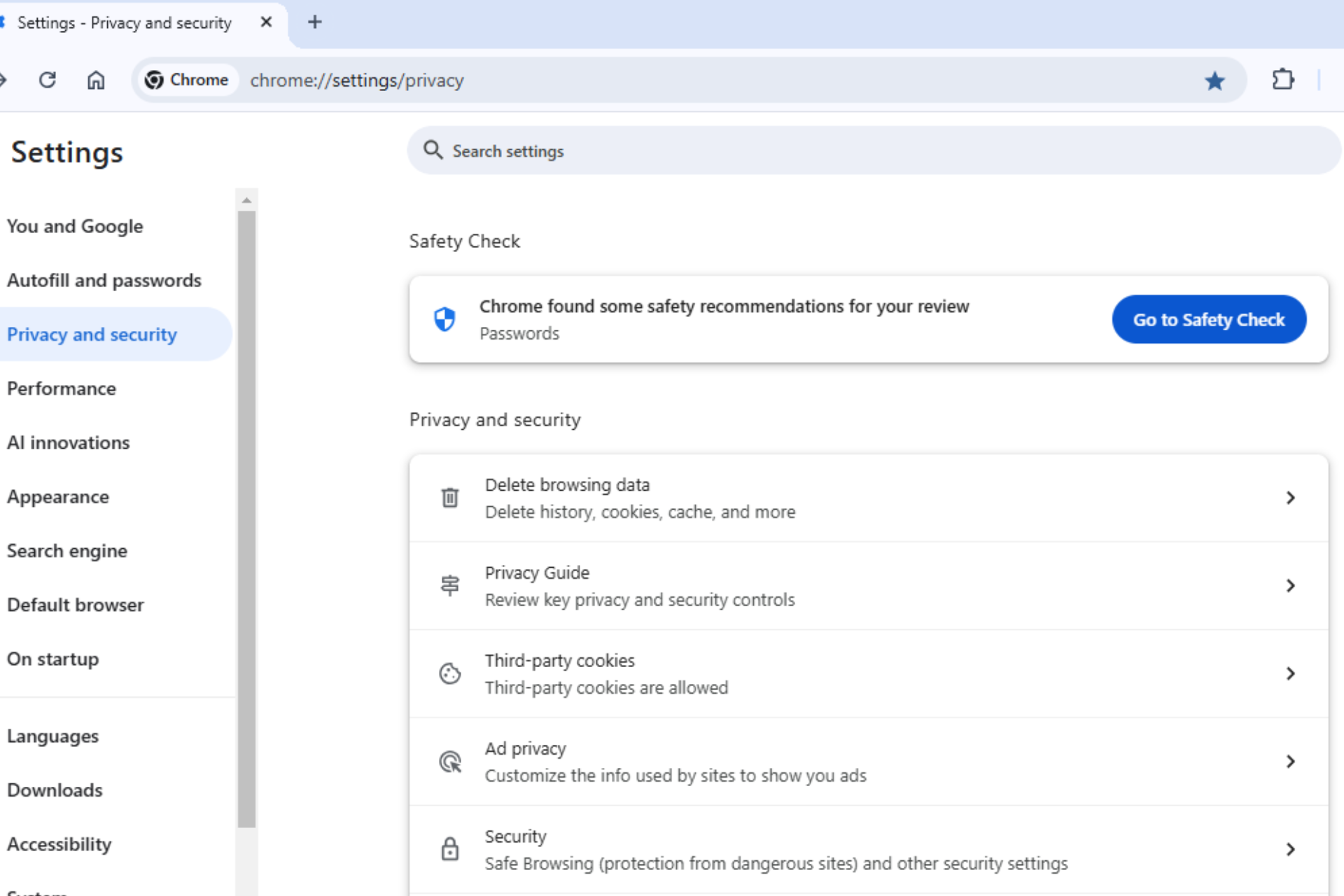
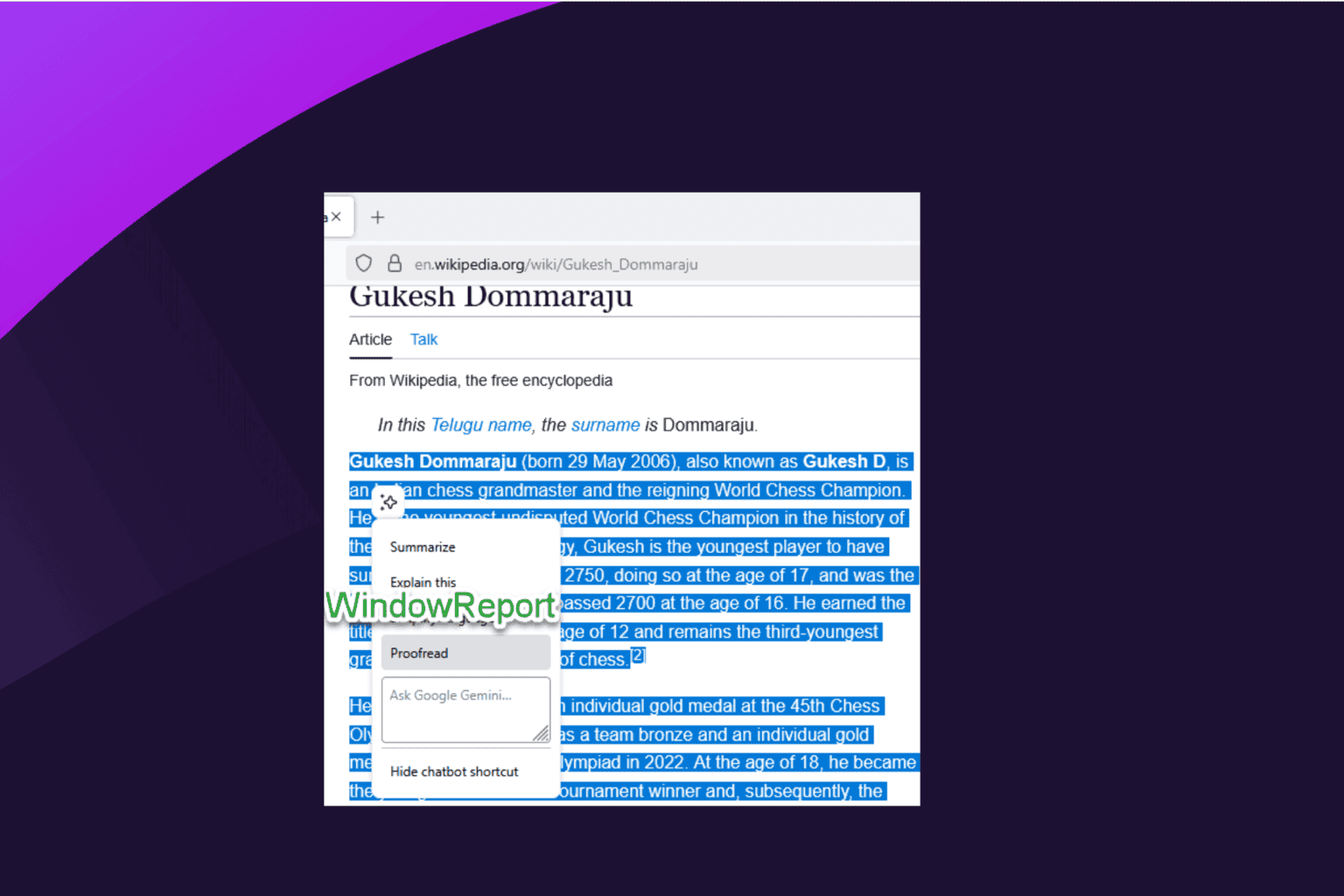
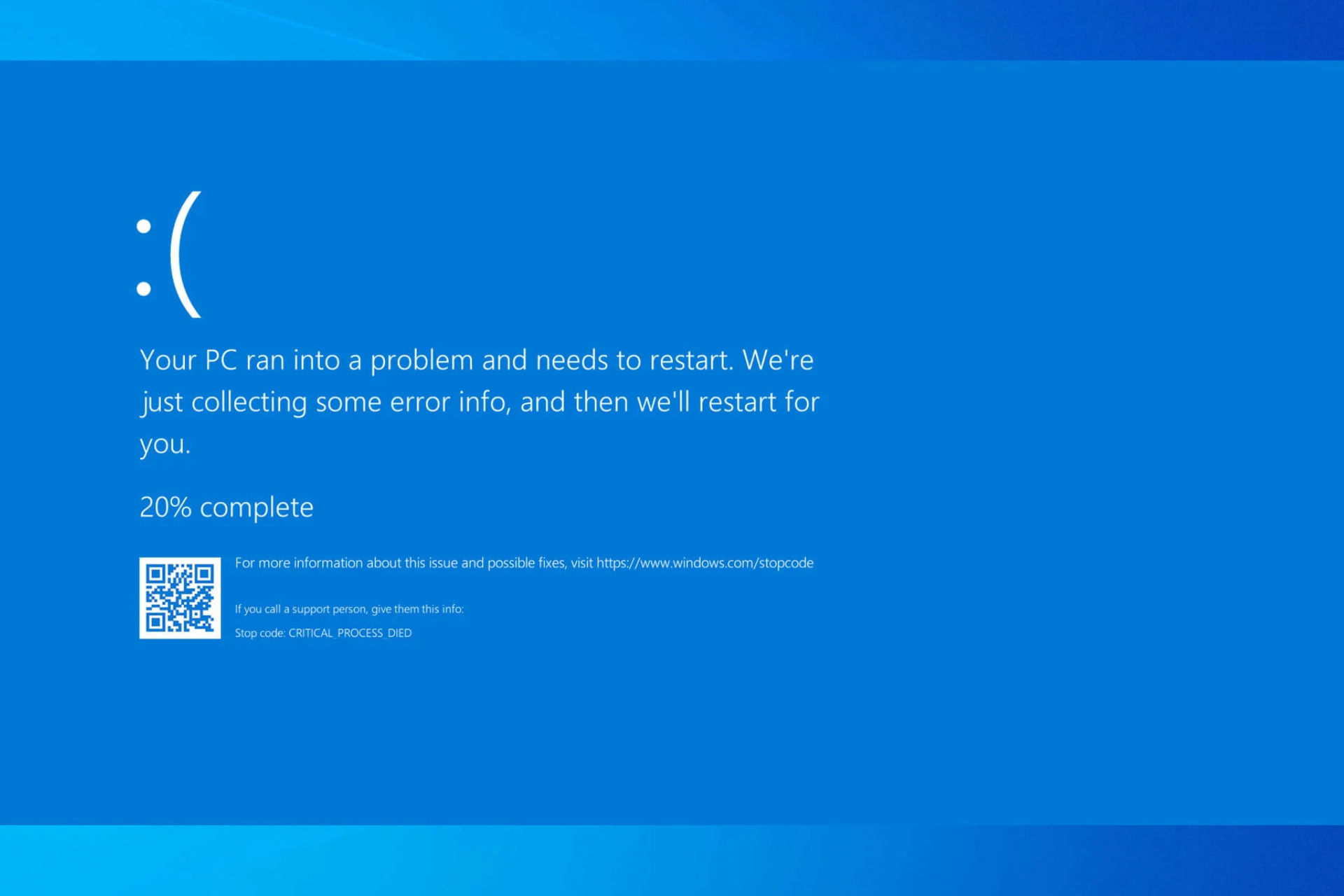
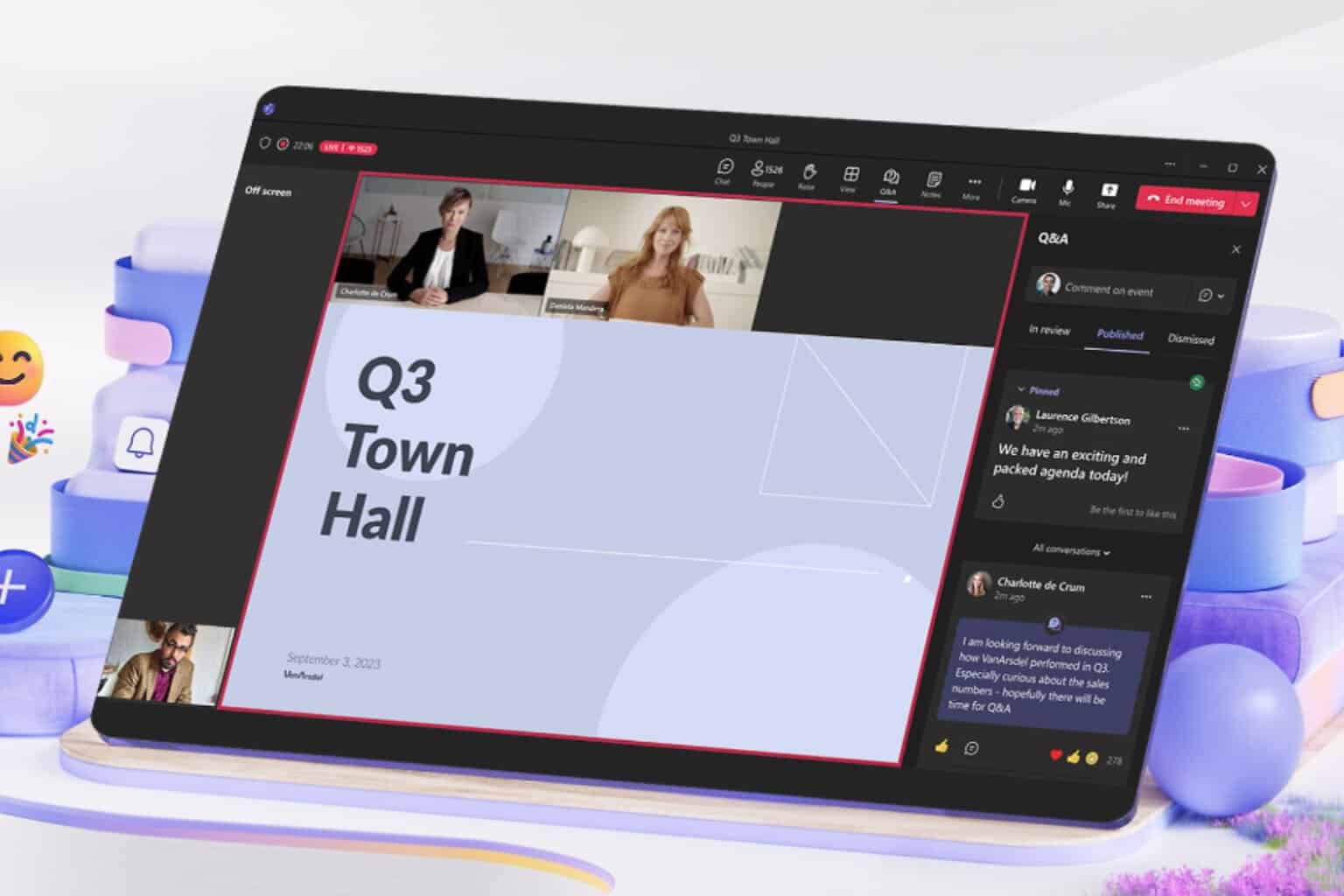


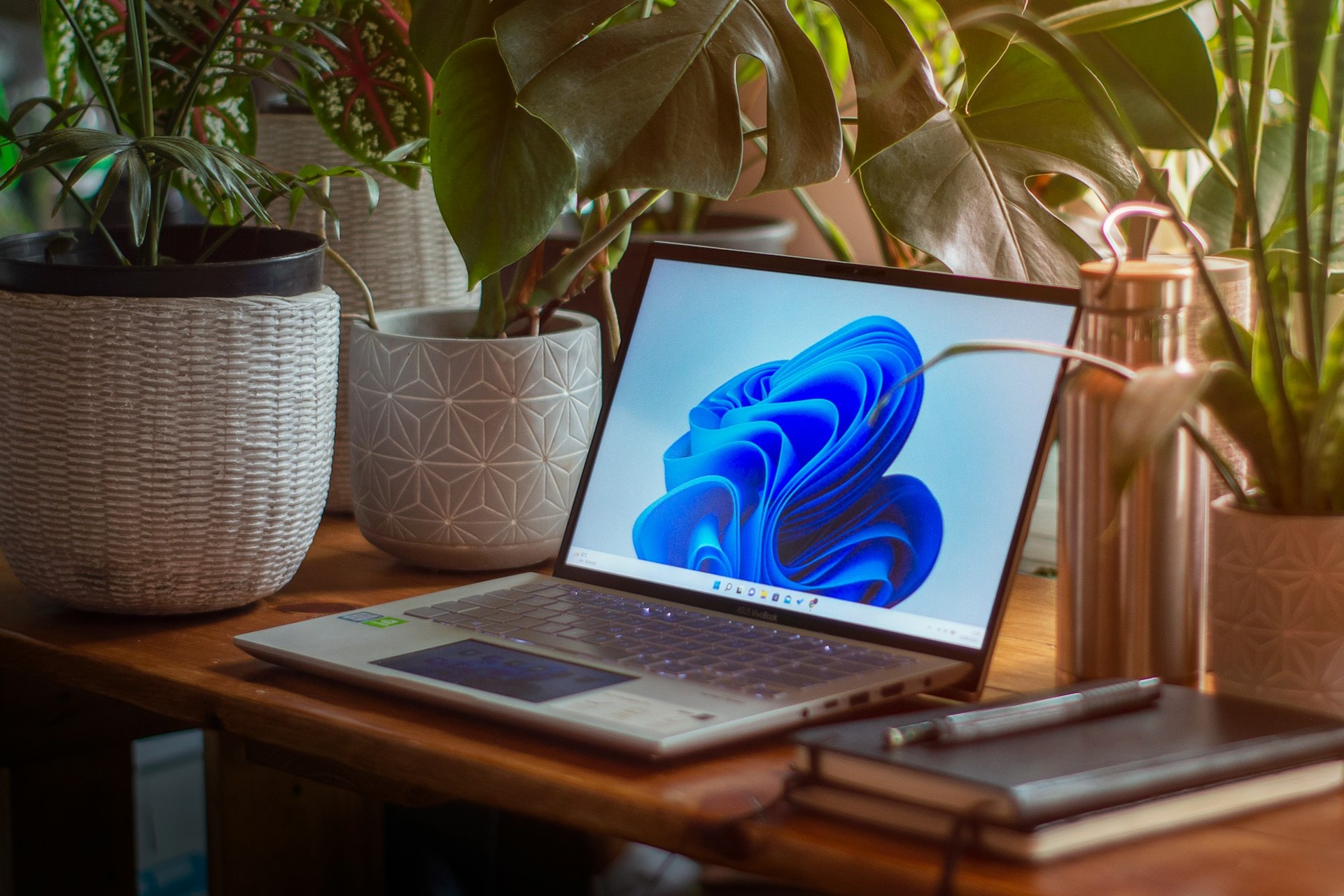

User forum
0 messages